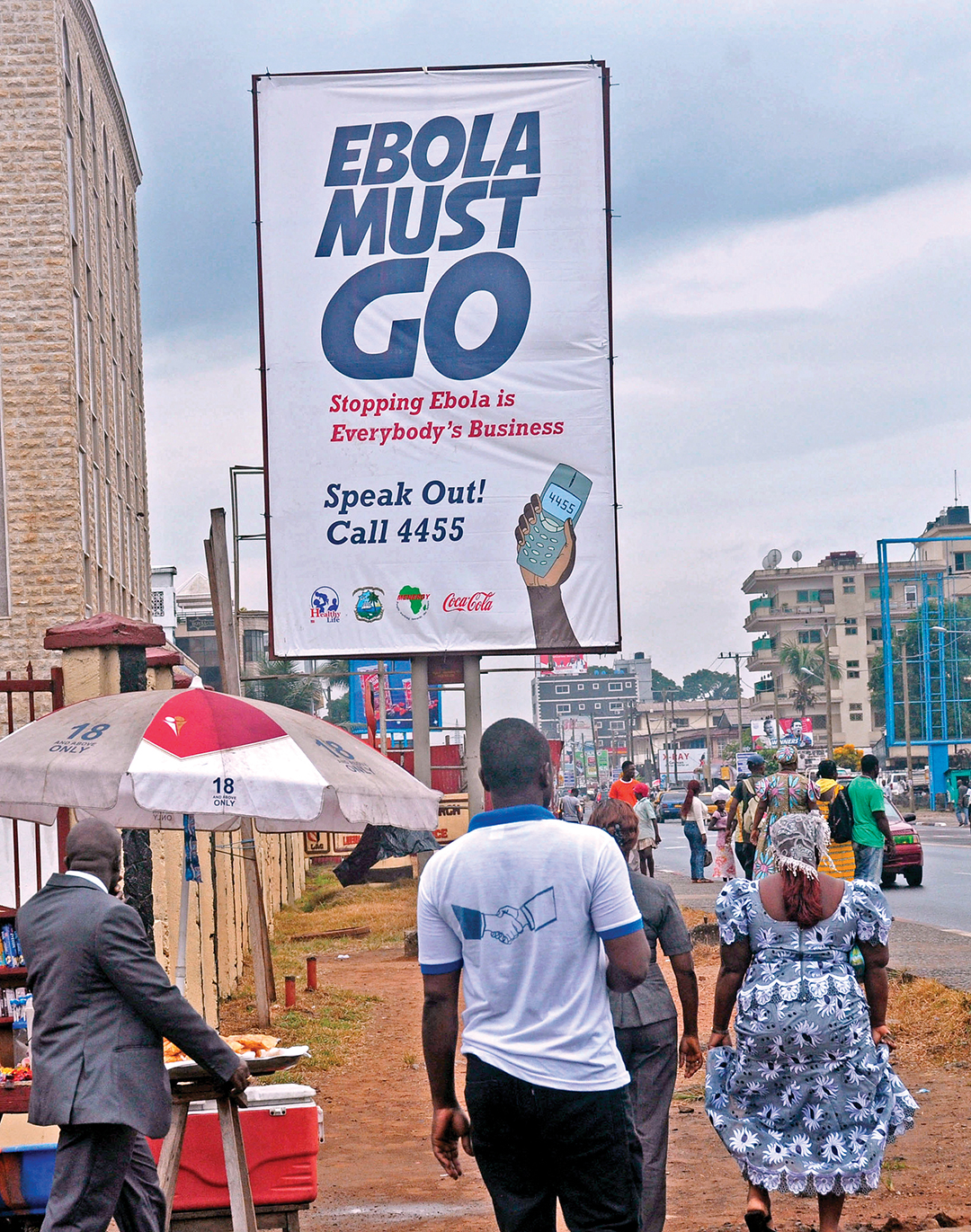THE WORLD BANK
Shirley Kamara, an expectant mother, smiled as she received medical care at C.H. Rennie Hospital in Kakata, 68 kilometers north of Monrovia, Liberia. “Our hospital is far better now since the Ebola outbreak,” she said. “We are encouraging our people to come here because everything is getting better.”
C.H. Rennie Hospital in Liberia’s Margibi County was one of the facilities hardest hit during the Ebola outbreak that began in 2014; 14 of its health workers died. But, as a result of international attention, health-care services have since improved, said Dr. Asinya Magnus.
“Ebola revolutionized health services in Margibi, with a transition from a closed to an open health-care system,” he said.
The health system’s new infrastructure is more decentralized, and health workers receive more medical supplies and training in infection prevention control.
The Ebola outbreak exposed the weaknesses in Liberia’s health-care delivery services. The dilapidated state of the country’s public health system included everything from inadequately qualified health practitioners and poorly equipped medical facilities to the lack of infection control measures.
The response, led by Liberia’s Ministry of Health with help from other organizations, including the United Nations, resulted in bringing the number of Ebola cases down to zero.
Social mobilization and community-driven activities were carried out in each of the country’s 15 counties. Almost 600,000 infants were vaccinated for measles, and drugs and medical supplies were provided for pregnant women and children under 5.
As many as 47 vehicles, including ambulances, were procured, and hazard pay was provided to 20,000 health workers from state and private health facilities. Death benefits also were paid to 154 families of health workers who succumbed to Ebola while combating the outbreak, which killed 4,810 people in Liberia, 2,544 more in neighboring Guinea and another 3,956 in Sierra Leone.


Comments are closed.